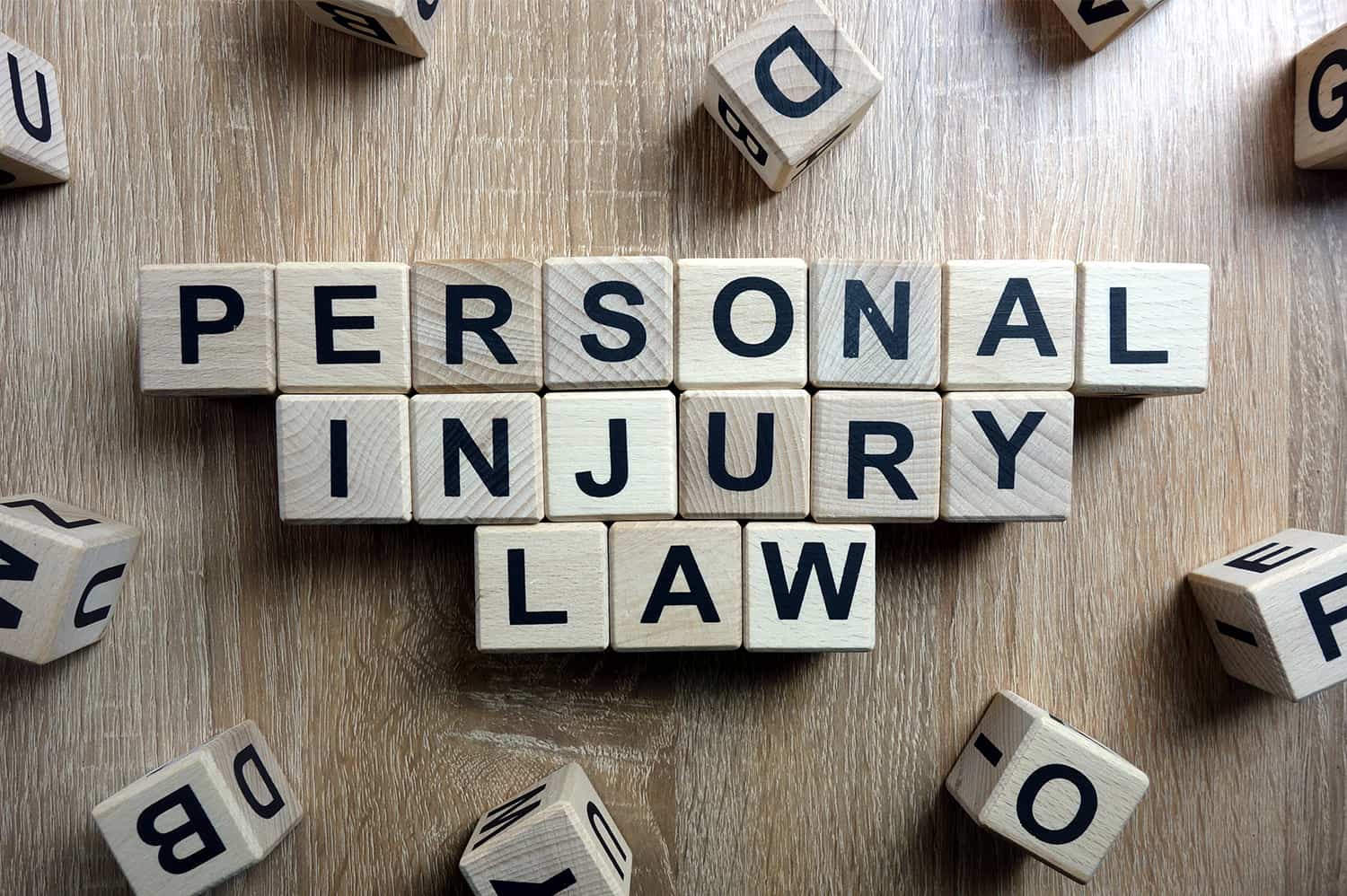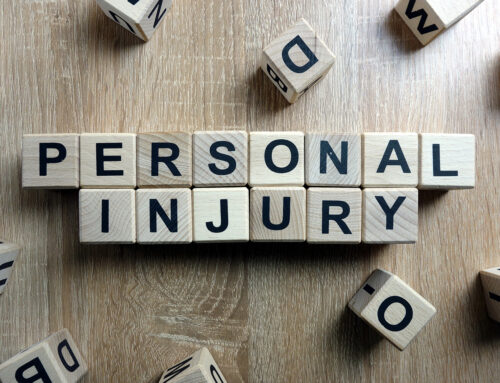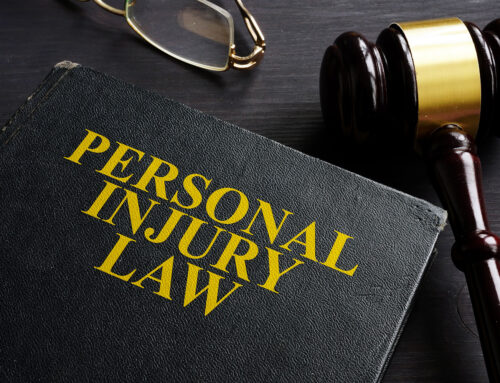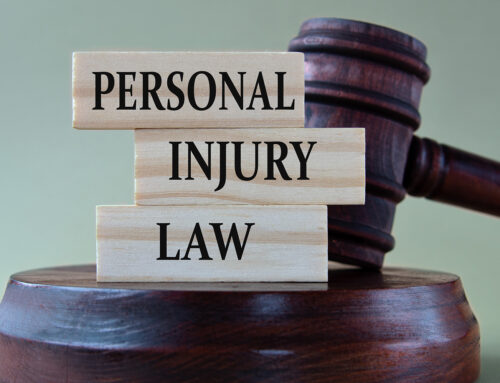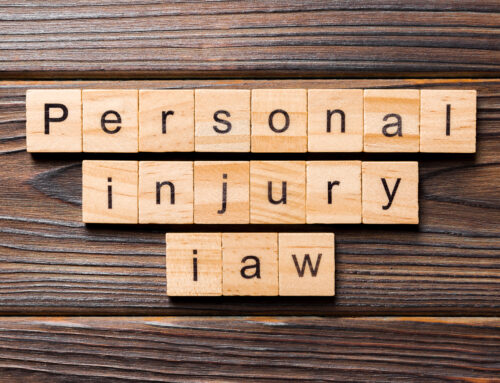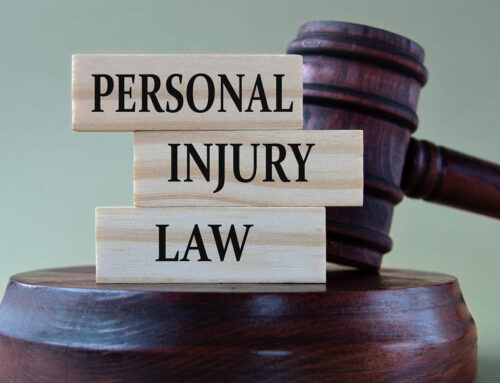Deciding whether to accept an out-of-court settlement for personal injury compensation or take the case to court can seem like a quiz show where you risk what you’ve already won in the hope of getting more. Understanding the personal injury settlement process and what’s involved if a personal injury case goes to trial can help you evaluate your situation and make a sound decision.
Learn the Details Leading to a Personal Injury Settlement
The first step in any personal injury case begins with the plaintiff’s attorney contacting the defendant and any insurance company involved. While the process may vary with each situation, a series of steps are usually necessary:
- The plaintiff’s attorney draws up a formal document called a demand letter that outlines the amount of compensation sought, specifies the legal reasons for the demand, and includes supporting documents such as physician and hospital bills, proof of wages lost and other pertinent information.
- The defense attorney drafts a response, which may include an offer of an alternative compensation amount.
- Negotiations begin among the attorneys and any participating insurance company to reach a satisfactory settlement.
- If everyone agrees on the settlement terms, a formal document is signed detailing the financial arrangements and releasing the defendant from further liability.
Understand the Time Constraints
Like most states, California has a statute of limitations that sets a time limit for filing a lawsuit. In the case of a personal injury claim, the statute of limitations is two years from the date of the injury. Therefore, if you have suffered personal injuries because of someone’s negligence, you need to seek legal advice immediately and begin the claim process at once. If you cannot reach a settlement agreement, you must file your lawsuit within two years.
Depending on the severity of your injuries and your financial situation, you may soon begin to feel pressure to reach a settlement and receive funds to pay mounting medical bills and daily living expenses, especially if you have been unable to work due to the injuries sustained. While, in some cases, filing a lawsuit may be necessary to receive fair payment for expenses and loss of earning ability, a trial typically takes more time and money than reaching an out-of-court settlement. In addition, since the outcome is in the hands of the judge and jury, you must accept their decision.
Review the Strength of Your Case
While you want to display a willingness to go ahead with a trial if necessary, you should evaluate your personal injury case carefully. Good witnesses, proper documentation and clear proof of negligence on the part of the defendant not only present convincing trial evidence but also put you in a strong bargaining position for an out-of-court settlement.
Proof of Negligence
To receive compensation from a person or business for your injuries, you must establish that the defendant was negligent. You must prove the defendant had an obligation to keep you safe, show that the party failed to do this, demonstrate that the action or failure to act resulted in injury, and prove that you were harmed or injured as a result.
Remember that California is a pure comparative negligence state. In a trial, the judge or jury decides the percentage of fault for each party. Even if the defendant is 90% at fault, any compensation you receive is reduced by your 10% share.
Timely Physical and Emotional Medical Care
The steps taken by a plaintiff after the injury can make a difference in the outcome of the case. It is vital to seek immediate emergency care and follow up with all treatments and appointments. If you delay even a day or two to see how serious the injuries become, the defense may claim they did not result from the accident.
Don’t forget to seek professional mental help if you experience significant pain, anxiety or depression from the incident. These conditions can last a long time and significantly hinder your recovery. Seeking emotional treatment helps establish the severity of your injury.
Witnesses
If circumstances allow, make sure you, a family member or a bystander gets contact information for any witnesses. Credible witnesses add strength to your case and help your attorney.
Reports, Bills and Other Supporting Documents
Likewise, keeping careful track of medical bills, police reports, witness statements and even writing down your immediate recollection of the event help prove your case and show any opposing attorney or insurance representative that you are organized and serious about your case.
Get Help With Your Decision
Attempting your own evaluation of your circumstances and making a decision on the next steps by yourself is not always the best course of action. At the Law Offices of Brent D. George, we can go over all the facts with you, assess the merits of your situation and help you take appropriate actions to receive the fairest compensation possible. Contact us today for a free, caring consultation to help you receive the compensation you deserve and need.

